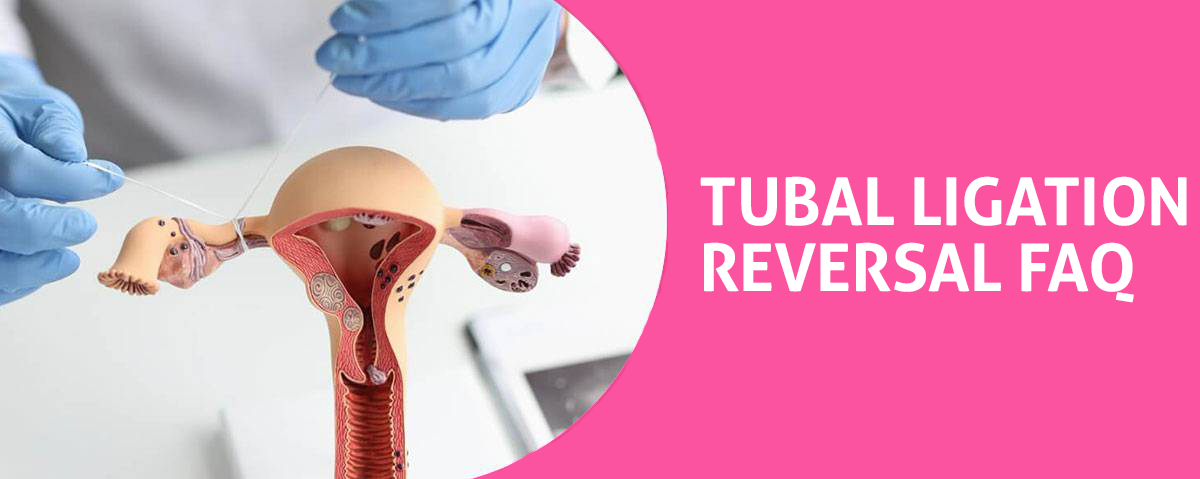How Can You Tell if Your Tubal Ligation Failed?
You’ve had a tubal ligation, thinking you’ve closed the door to pregnancy. But now you’re feeling a bit off, and you’re wondering, "Could it have failed?" Understanding the signs of a failed tubal ligation is crucial. We’ll guide you through why failures occur, how to identify symptoms, and what to do next. So, let’s delve in, shall we?
Reasons for Tubal Ligation Failure
Despite its high success rate, there are a few reasons your tubal ligation might fail, and it’s crucial to understand them. One of the main failure causes is incomplete closure of the fallopian tubes, which can allow eggs to pass through and be fertilized. Another reason could be spontaneous reconnection of the tubes, a rare occurrence but possible nonetheless. There’s also a chance that a new pathway could form around the blocked part of the tube, leading to pregnancy. If you’re concerned about the risk of failure, you might want to consider ligation alternatives. There are other permanent and reversible forms of contraception available that may carry lower risks. Always consult with your doctor to discuss the best options for your unique situation.
Identifying Symptoms of Failure
You might wonder what signs to look for if you’re worried your tubal ligation has failed. Noticing pregnancy signs is a clear indication that something might be amiss. These can include missed periods, nausea, fatigue, or breast tenderness. Another thing to note is menstrual changes. If your cycles become irregular or disappear completely, it might be time to consult with a healthcare provider. However, remember these symptoms don’t assure a tubal ligation failure, as they can be associated with other medical conditions. It’s crucial to get regular check-ups and report any unusual symptoms to your doctor. Remember, early detection can save you much trouble and potentially prevent complications.
Next Steps After Suspected Failure
If your body’s signs lead you to suspect a tubal ligation failure, it’s crucial to know what steps to take next. Firstly, seek immediate medical attention. Your healthcare provider will likely perform a pregnancy test or conduct an imaging study to confirm the situation.
Should your suspicions prove true, post failure counseling becomes vital. This will help you understand the reasons behind the failure, discuss any potential risks, and explore future fertility options. You may also discuss surgical options available for correcting the failure or for alternative permanent contraception methods. Remember, you’re not alone in this. Medical professionals can guide you through this emotionally challenging time, providing the necessary support and advice to help you make informed decisions.
Other Popular Questions About Tubal Ligation Reversal:
How Dangerous Is Tubal Ligation?
How Common Is Weight Gain After Tubal Ligation?
How Common Is Tubal Ligation Failure?
How Common Is Regret After Tubal Ligation?
How Common Is Recanalization After Tubal Ligation?
How Common Is It to Get Pregnant 7 Years After a Tubal Ligation?
How Can You Tell if Your Tubal Ligation Failed?
How Can You Still Have Periods After Tubal Ligation Anatomy?
How Can You Have a Period After Tubal Ligation?
How Can I Tell What Type of Tubal Ligation I Had?
How Can I Reverse Tubal Ligation?
How Can I Prevent Early Menopause After Tubal Ligation?
By using this webiste you agree to Terms and Conditions
